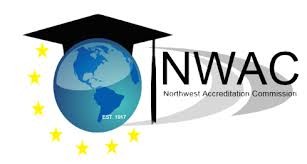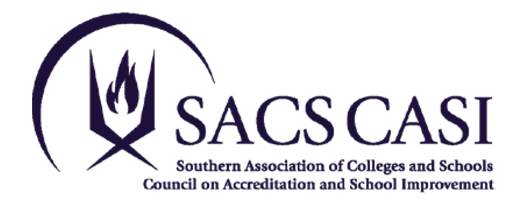Indian & International
About Our Boards
We align with major school boards and regulatory bodies to ensure compliance and best practices.

The Western Association of Schools and Colleges (WASC (/wɒsk/ WOSK)) provided accreditation of public and private universities, colleges, secondary and elementary schools in California and Hawaii, the territories of Guam, American Samoa and Northern Marianas Islands, in addition to the Marshall Islands, Federated States of Micronesia, Palau, the Pacific Rim, Peru, Czech Republic, Armenia, and East Asia.







Subscribe to our Newsletter & Event
right now to be updated
hello@accordia.com